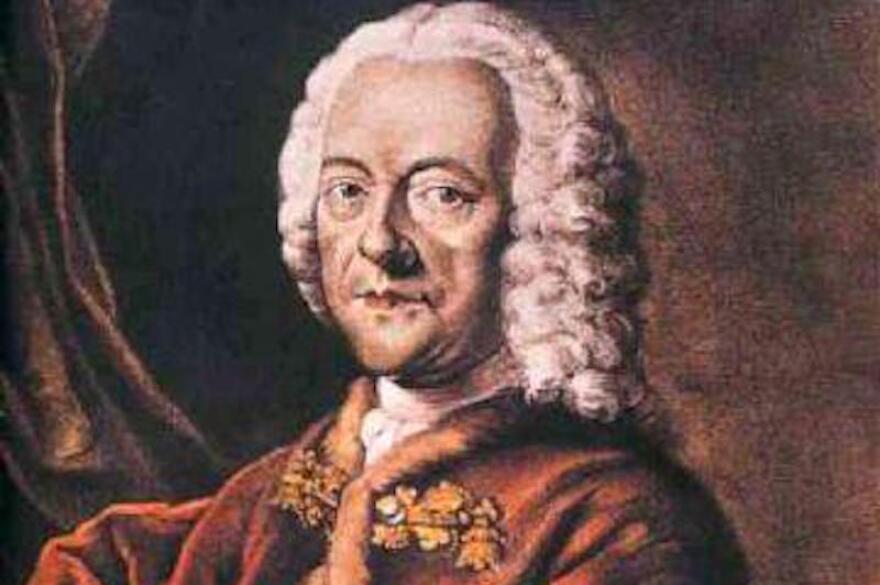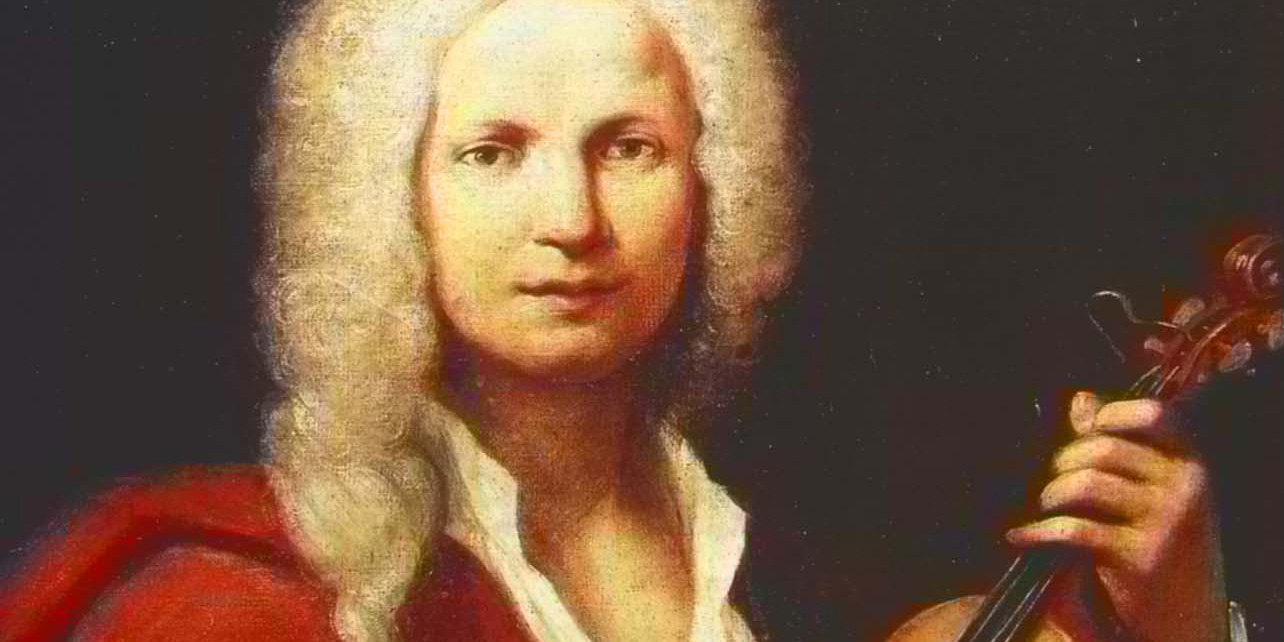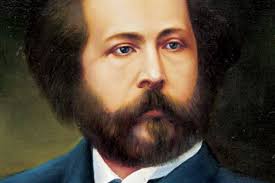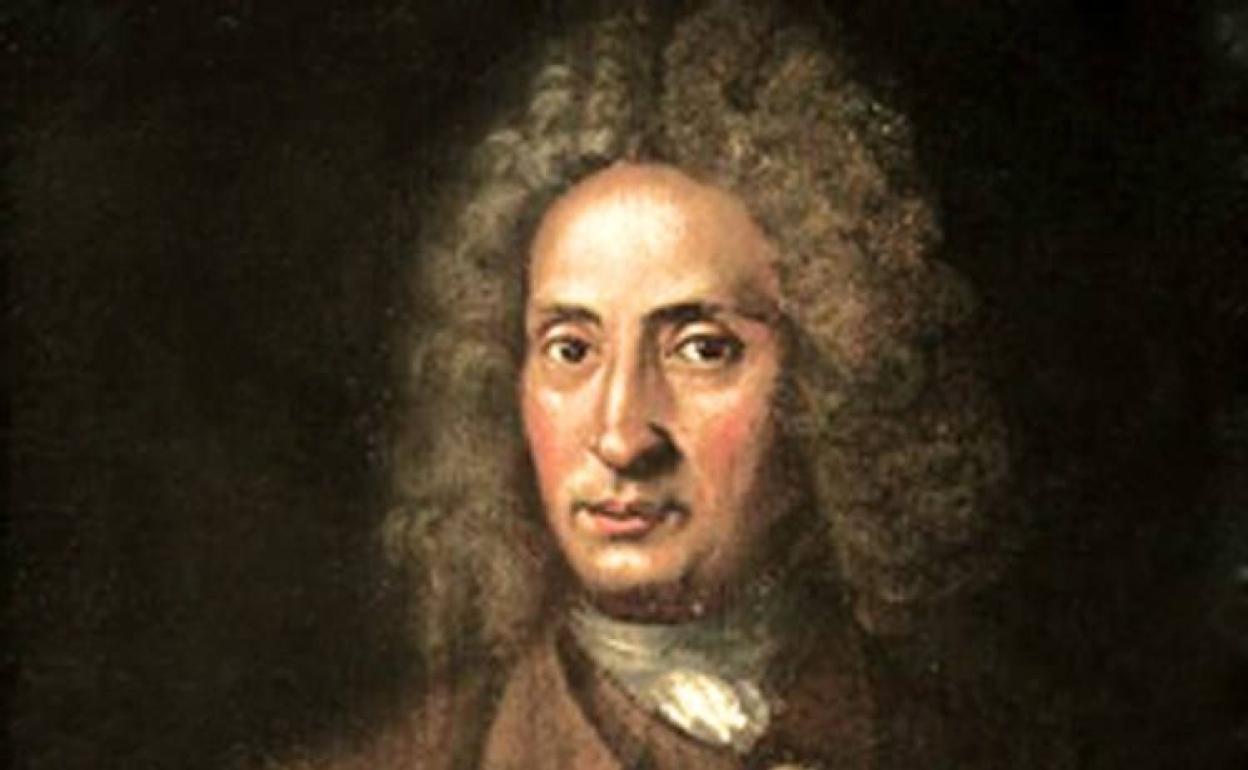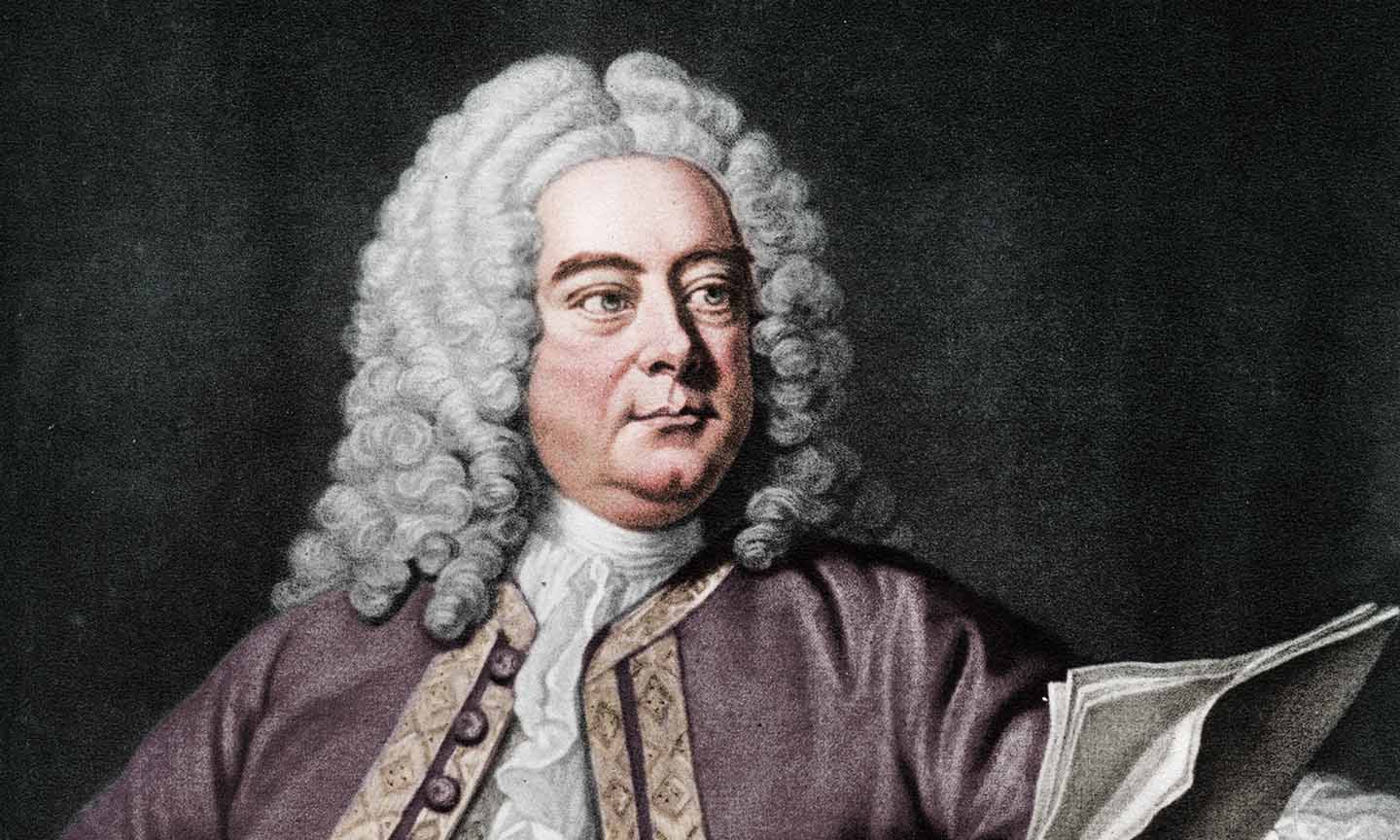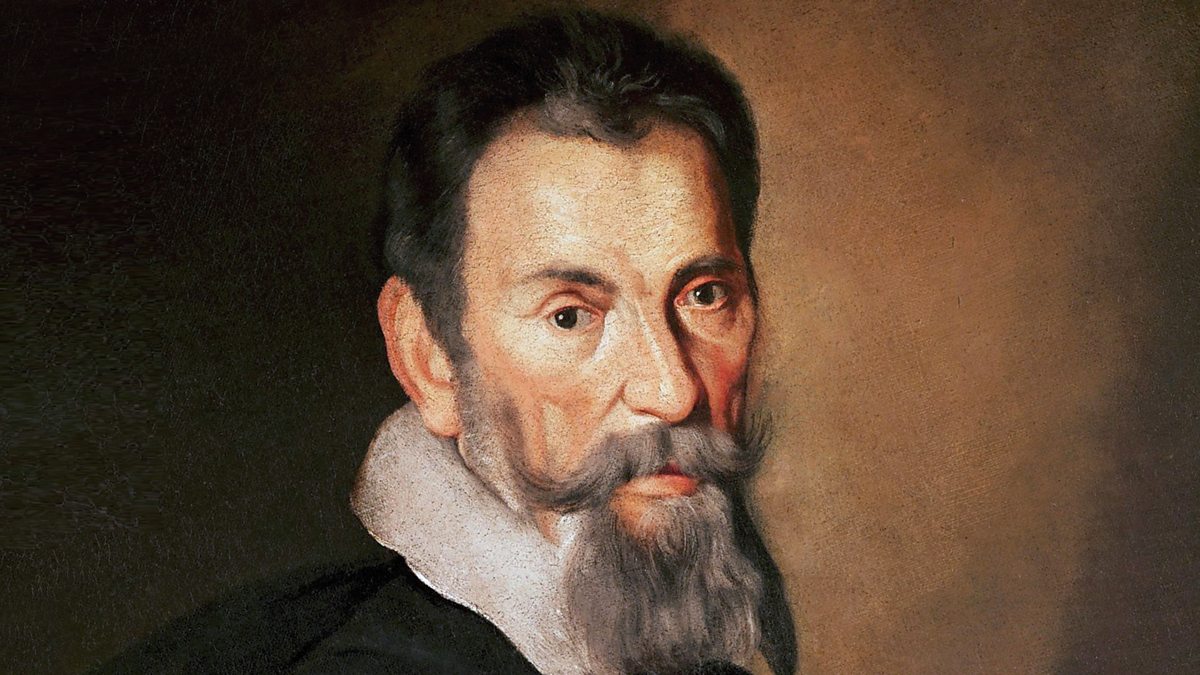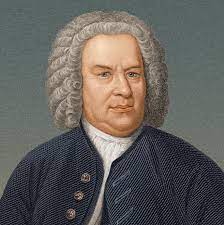Georg Philipp Telemann (1681-1767) was a prolific German Baroque composer and a contemporary of Johann Sebastian Bach and George Frideric Handel. Telemann's immense output and innovative spirit made him one of the most influential composers of his time. Here are ten of his best compositions that showcase his versatility and creativity.
Antonio Vivaldi (1678–1741), the prolific Baroque composer and virtuoso violinist, left a profound legacy in the world of classical music with his vibrant and evocative compositions. Renowned primarily for his concertos, Vivaldi's works span a range of instrumental and vocal genres, each displaying his signature energy, inventiveness, and flair for melodic beauty. Here are ten of his most acclaimed compositions.
Édouard-Victoire-Antoine Lalo was born on January 27, 1823, in Lille, France. A prominent composer of the Romantic era, Lalo is celebrated for his distinctive compositions that merged French lyricism with bold orchestral colors and forms. His contributions to the symphonic and chamber music repertoires remain influential, though his recognition came relatively late in his life.
Édouard Lalo hailed from a family of Spanish descent that had settled in Lille. His father was a military officer, and Lalo was exposed to music early on, displaying a precocious talent. At the age of nine, he began studying violin and composition. In 1833, Lalo entered the Lille Conservatoire, where he studied violin with Baumann and composition with Joseph Müller. His early education provided a solid foundation in classical techniques, which he later expanded upon in Paris.
Tomaso Giovanni Albinoni (June 8, 1671 – January 17, 1751) was an Italian Baroque composer renowned for his instrumental music, particularly his concertos, sonatas, and operas. Although much of his work has been overshadowed by his more famous contemporaries, Albinoni's music remains significant, particularly for his contributions to the development of the concerto form and for his influence on later composers, including Johann Sebastian Bach.
Tomaso Albinoni was born in Venice, Italy, to a wealthy paper merchant, Antonio Albinoni. Unlike many of his contemporaries, Albinoni was not trained for a career in the church or as a court musician but pursued music as a gentleman amateur. His financial independence allowed him to compose prolifically without the constraints often faced by professional musicians of his time.
Baroque music, spanning from approximately 1600 to 1750, marks a pivotal era in the history of Western classical music. This period witnessed profound developments in musical form, style, and theory, paralleling significant changes in society, politics, and culture. The term "Baroque" derives from the Portuguese word "barroco," meaning a misshapen pearl, reflecting the era's ornate and intricate aesthetic.
The Baroque era emerged in the context of the Counter-Reformation, where the Catholic Church sought to reassert its influence against the rise of Protestantism. Art, including music, became a tool for conveying religious emotion and grandeur. This period also coincided with the rise of absolutist monarchies, such as the court of Louis XIV in France, where music played a central role in glorifying the state and its ruler.
Antonio Vivaldi, an Italian Baroque composer, is one of the most influential figures in the history of music. Known for his vibrant and expressive compositions, Vivaldi's work has captivated audiences for centuries. Here are ten interesting facts about this remarkable composer:
1 - The Red Priest: Vivaldi was often referred to as "Il Prete Rosso" (The Red Priest) due to his bright red hair. This distinctive feature was inherited from his father, Giovanni Battista Vivaldi, who was a professional violinist.
Georg Friedrich Händel, known in English as George Frideric Handel, was a prolific and influential Baroque composer whose works have had a lasting impact on classical music. Born on February 23, 1685, in Halle, Duchy of Magdeburg, part of the Brandenburg-Prussia, Handel showed an early interest in music, despite his father's initial resistance to a musical career. His father, Georg Händel, was a barber-surgeon who had hoped his son would study law. However, Handel’s mother, Dorothea Taust, supported his musical interests.
By the age of seven, Handel had become proficient with the organ, and his talent was evident to all who heard him. His father eventually relented and allowed him to study under the local organist Friedrich Wilhelm Zachow, who introduced him to a wide range of musical styles and compositions, laying a solid foundation for his future career.
Georg Philipp Telemann, a prolific and influential figure in the Baroque era, left an indelible mark on the landscape of classical music. Born on March 14, 1681, in Magdeburg, Germany, Telemann displayed an early aptitude for music, mastering several instruments and showing remarkable compositional talent.
Telemann's musical journey began with his studies in law at the University of Leipzig, but his passion for music quickly took precedence. He immersed himself in Leipzig's vibrant musical scene, where he encountered the works of Johann Sebastian Bach and other notable composers of the time. Despite his father's objections, Telemann pursued a career in music, a decision that would shape the course of his life.
Claudio Monteverdi, an illustrious figure in the realm of classical music, stands as a beacon of innovation and creativity in the transition from the Renaissance to the Baroque era. Renowned for his groundbreaking compositions and profound influence on the development of opera, Monteverdi's life journey is a testament to artistic evolution and musical genius.
Born on May 15, 1567, in Cremona, Italy, Claudio Giovanni Antonio Monteverdi was baptized into a world rich with musical heritage. Raised in a family of distinguished musicians, young Claudio exhibited exceptional musical talent from an early age. Under the guidance of his father, Baldassare Monteverdi, a surgeon and amateur musician, Claudio received his initial musical training.
Johann Sebastian Bach, a towering figure in the history of classical music, was born on March 31, 1685, in Eisenach, Germany. He came from a family of musicians, with several generations before him excelling in the art. Orphaned at the age of ten, he moved in with his eldest brother, Johann Christoph, who introduced him to the world of music.
Bach's musical talents blossomed under his brother's tutelage. He learned to play the violin and harpsichord and was exposed to the compositions of contemporary composers, which greatly influenced his own style. At the age of fifteen, Bach embarked on a journey to study music in depth. He walked over 200 miles to Lüneburg, where he enrolled in the prestigious St. Michael's School. It was here that he encountered a rich variety of musical styles and was deeply influenced by the works of renowned composers such as Johann Pachelbel and Dietrich Buxtehude.
